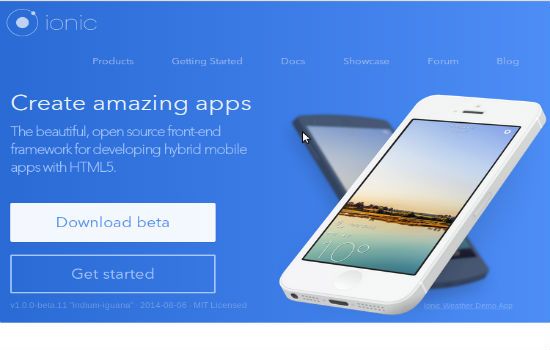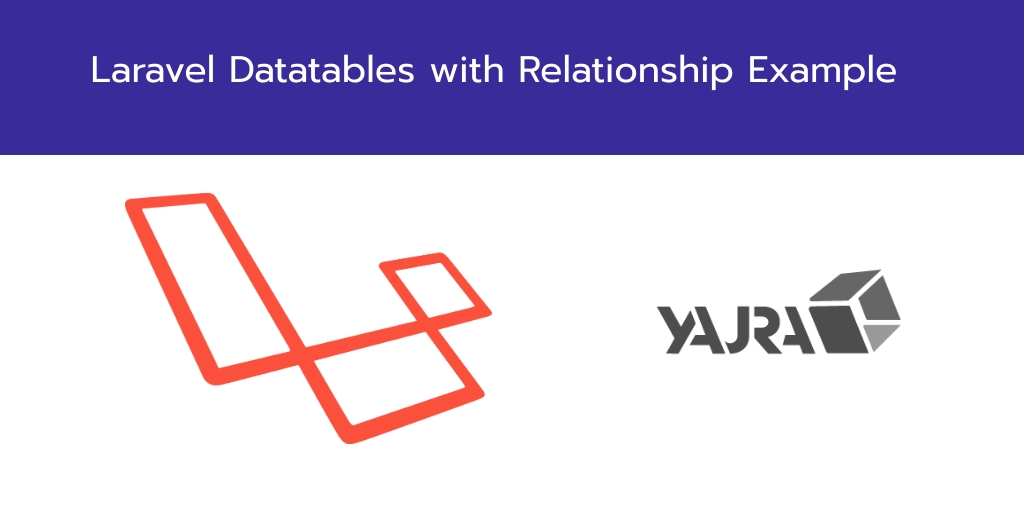As consumers’ appetite for mobile apps has grown, developers are in full zeal to create feature-rich apps to engage their mobile audience. They are experimenting with a number of frameworks and development tools that assist them in creating unique, interactive, and power-packed apps. The tremendous growth of programming languages, such as HTML, CSS, and JavaScript has further allowed webmasters to widen their development skills, knowledge, and user-base.
Developers, these days, have moved beyond the issues that curb their ability to develop native apps. Today, they don’t need to gain a mastery over platform-specific languages such as Objective-C, .NET, and Java. They have unveiled better ways and methods for fabricating enthralling apps in the form of UI frameworks. Using them, developers can come up with outstanding native apps while making the most out of their existing skills in HTML, CSS, and JavaScript. These frameworks come with some helpful libraries to create mobile apps without having any knowledge of the native application language.
Portability is one the biggest advantages of these libraries. PhoneGap is a highly popular and useful package compiler that lets you port and install your applications across a wide range of platforms.
This post talks about some high-end frameworks for building cross-platform mobile apps in the quickest possible manner. Let’s discuss about all of them in detail:
1. jQuery Mobile

jQuery Mobile is an extremely famous and reliable HTML5-based user interface system for building highly responsive and cross-platform mobile apps. The framework offers its support to a wide-range of platforms and provides a pleasurable experience to the user. It features a handy collection of user interfaces that are optimized well to meet the needs of diverse range of mobile devices.
2. Ionic

Ionic is a dependable HTML5 mobile UI framework that is built using SAS. The framework comes packed with a number of UI components that let you develop highly interactive apps in the manner most effective. It makes use of JavaScript MVVM framework and AngularJS to breathe life to your apps. Some of its highlighting features include: Two-way data binding, interaction with backend services, APIs, and a lot more!
The Ionic team is also going to introduce and new feature called Ionic Creator. The function will have drag and drop functionality that lets start developing apps in no time.
3. Sencha Touch

Sencha Touch is yet another exceptionally reliable HTML5 mobile UI framework that lets you create mobile applications for a wide range of platforms and devices. The framework is been around for quite a while now and is gaining momentum for developing hybrid apps. Sencha Touch is lauded for its ability to offer native look and feel to different apps. It is also very easy to use and provides all the essential components to create an attention grabbing app.
4. Ratchet

Ratchet is a promising framework that lets you develop exciting and engaging apps using HTML, CSS, and JavaScript. It comes packed with a number of user interface components, JavaScript components, and reusable HTML classes to get you started. In its latest version 2.0, Ratchet features its proprietary font icon known as Ratcheticon and two pre-built themes for Android and iOS devices.
5. Kendo UI
Kendo UI is a high-performing HTML5 framework that allows you to develop cross-platform mobile apps. It’s an open-source framework that makes use of a number of jQuery based widgets. Kendo is also very easy to learn, and developers who are already familiar with jQuery will find Kendo extremely simple. It features a wide collection of UI tools and JavaScript frameworks for developing apps in the quickest possible manner.
6. Lungo

Lungo is a robust framework based on HTML, CSS, and JavaScript, for creating responsive and cross-platform mobile apps. The framework also provides your apps with touch events, including, tap, double-tap or swipe. It also offers you a number of JavaScript API to control the functioning of your app.
7. The M Project

The M Project is an HTML5 JavaScript framework for building apps for a number of platforms such as Android, iOS, Windows, and Blackberry. The framework relies on jQuery and includes some crucial UI files with some really notable. The M Project needs Nodejs to power apps and comes with an app building tool known as Espresso.
8. Appcelerator Titanium

Appcelerator Titanium is an open-source framework that has everything you need to develop powerful cross-platform mobile apps. It’s a one-stop solution for building hybrid apps. You need to download Titanium Studio first, to get started with Titanium. The Titanium SDK offers an impressive range of APIs and Cloud Services for your application backend. Its MVC framework makes development easy and fast.
9. Framework 7

Framework 7 is a great HTML5 framework for developing hybrid apps with the native iOS feel. It is mainly used to develop iOS apps and gives a number of prototyping tools.
10. Intel XDX

Intel XDX is a mobile application development tool by Intel. It is easy to use and offers variety of templates to get you started. It also supports a number of UI frameworks such as Twitter Bootstrap , jQuery Mobile, and Tepcoat.
Let’s Wrap Up
So, here is the end of our collection of some top of the range framework for developing mobile apps using CSS, HTML, and JavaScript. You can pick any one of them and start developing the app of your dream.




